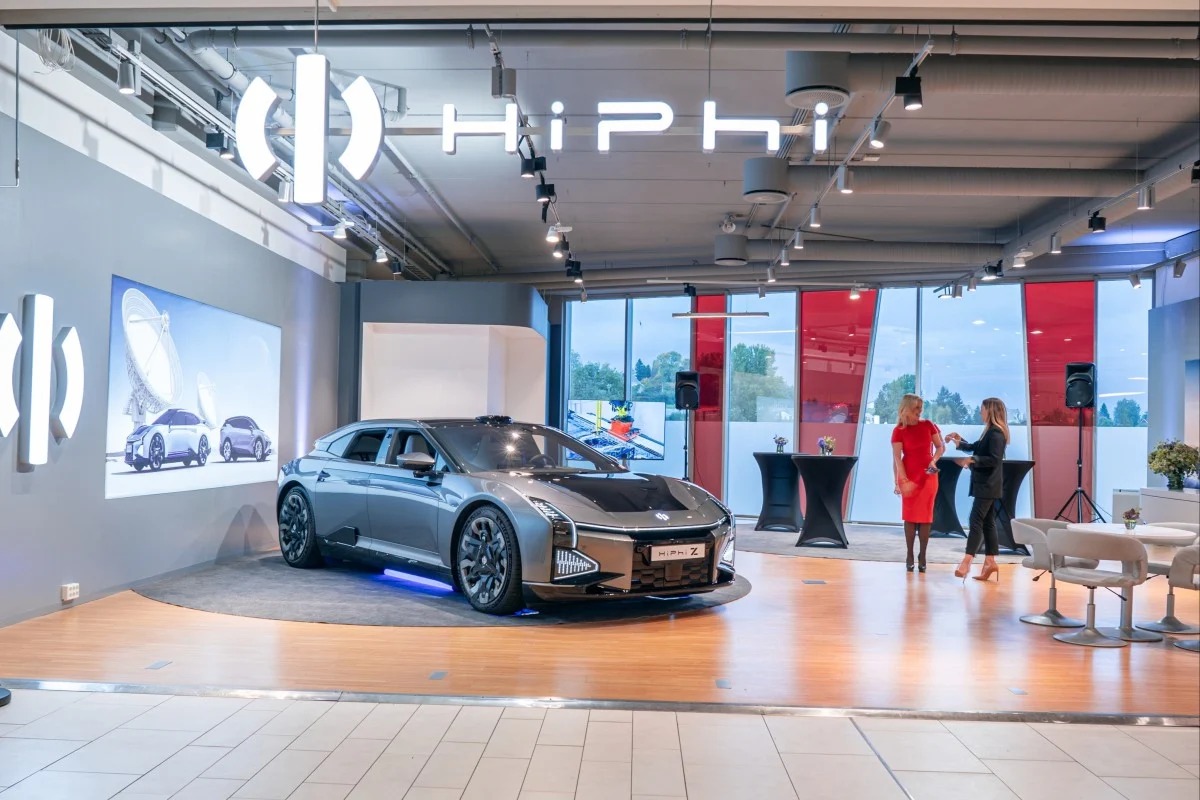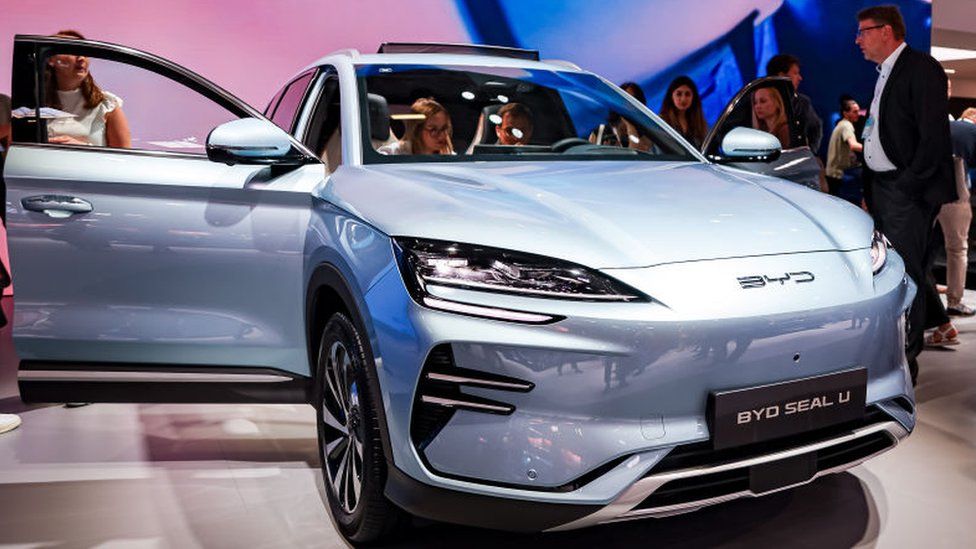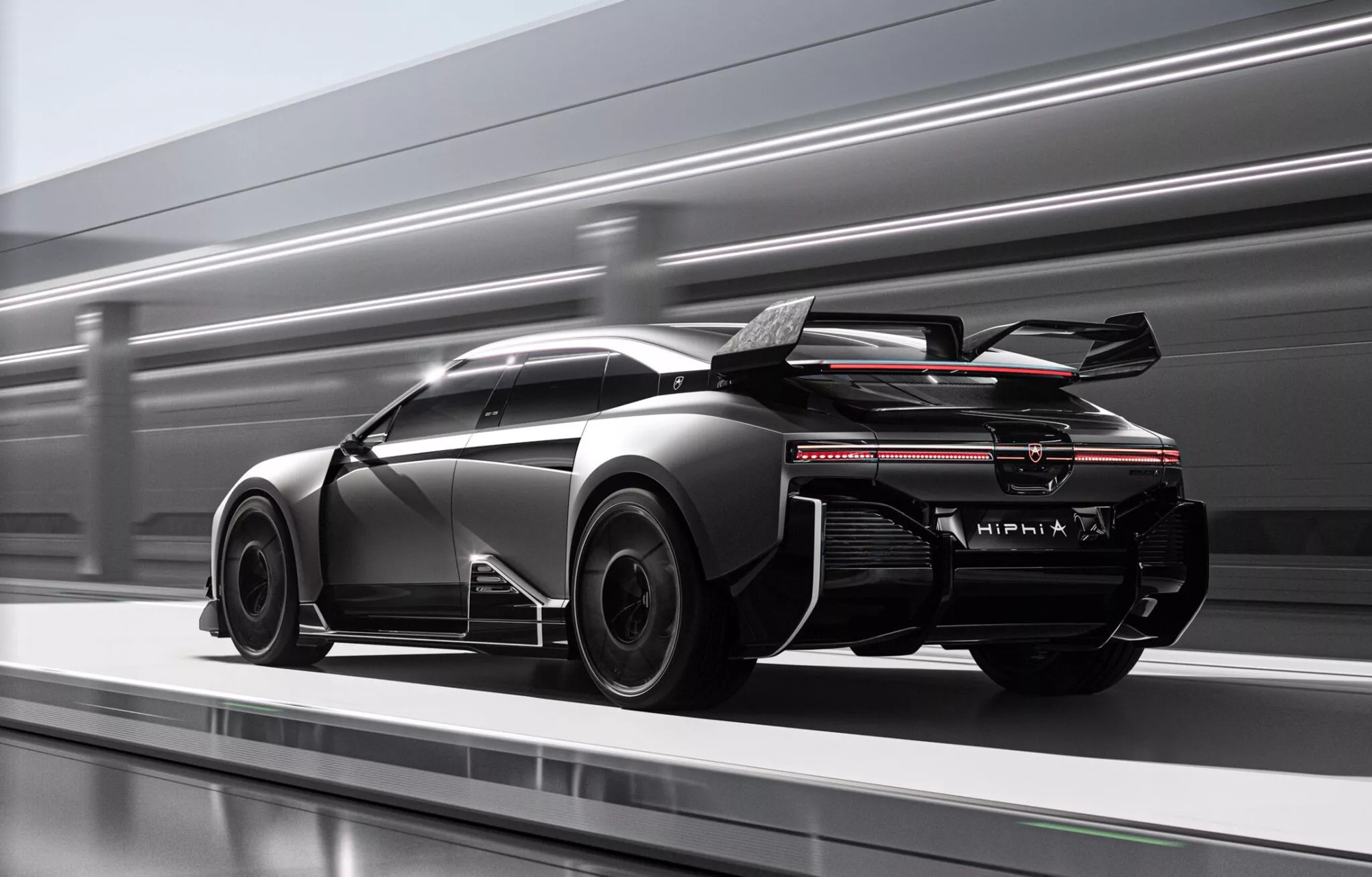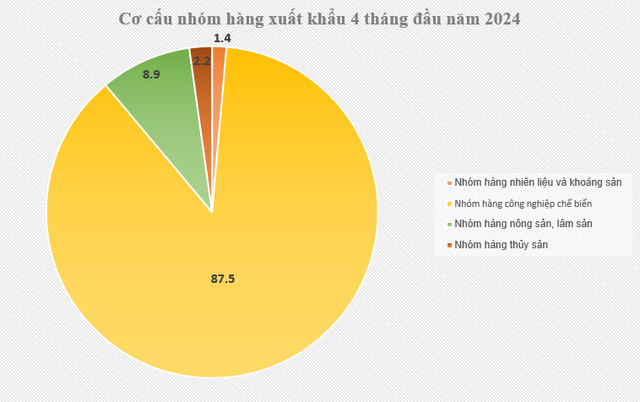In mid-February, Chinese electric car brand HiPhi announced a six-month production halt. The brand, which is gearing up to enter the European market, is the latest casualty of fierce competition in the Chinese electric car market.
Two internal sources from HiPhi revealed that the company was unable to pay salaries to employees in January and it is almost certain that February salaries will also be affected. This small-scale luxury electric car manufacturer is just one example of many Chinese electric car brands that may have to exit the market in the near future.
It should be noted that among China’s small-scale electric car brands, HiPhi has extraordinary backing. Its parent company, Human Horizons, signed a joint venture agreement in 2023 to research, develop, manufacture, and sell electric cars in the Middle East with the Saudi Arabian Ministry of Investment worth a staggering $5.6 billion (137.4 trillion VND).

HiPhi had a promising future but succumbed to market pressure and had to halt production at the beginning of February| Image: Carscoops
With a solid economic foundation (in the past), HiPhi, with just three car models since its establishment in 2017, still employs 5,000 staff members.
In the past two years, China’s major electric car manufacturers have built a strong position of their own. According to South China Morning Post – the most widely read English-language news source from China – only a few major electric car brands in the country are profitable. Examples include BYD and Li Auto.

BYD, a carmaker with plans to introduce electric cars in Vietnam | Image: BBC
According to China Business News’ calculations at the end of last year, at least 15 Chinese electric car brands with an annual production capacity of 10 million vehicles will go bankrupt or be acquired this year.
Since October last year, WM Motor – once a Chinese contender to Tesla – has filed for bankruptcy. Three years ago, this brand revealed plans to expand its operations in Southeast Asia, including Vietnam.
In late January 2024, the Chinese government confirmed that it will restrict the development of the domestic electric car industry. According to China’s explanation, the demand for electric cars outside of China is not large enough compared to the current growth rate of the country’s electric car industry.

HiPhi’s lineup consists of high-end car models with cutting-edge designs and specifications, along with a hefty price tag (above $80,000 – nearly 2 billion VND), making them inaccessible to ordinary consumers | Image: HiPhi
According to the Financial Times citing Xin Guobin, China’s Vice Minister of Industry and Information Technology, the Chinese government will take strong measures to curb the unjustified introduction of new electric cars. The target of this restriction is “some local governments and companies”.
The crackdown on electric cars can also be seen as China’s way of reducing tensions with Europe and the United States. In recent times, these two markets have been extremely concerned about the influx of cheap Chinese electric cars. Europe has even launched an investigation into whether the low prices of Chinese electric cars are due to unfair government subsidies.





































